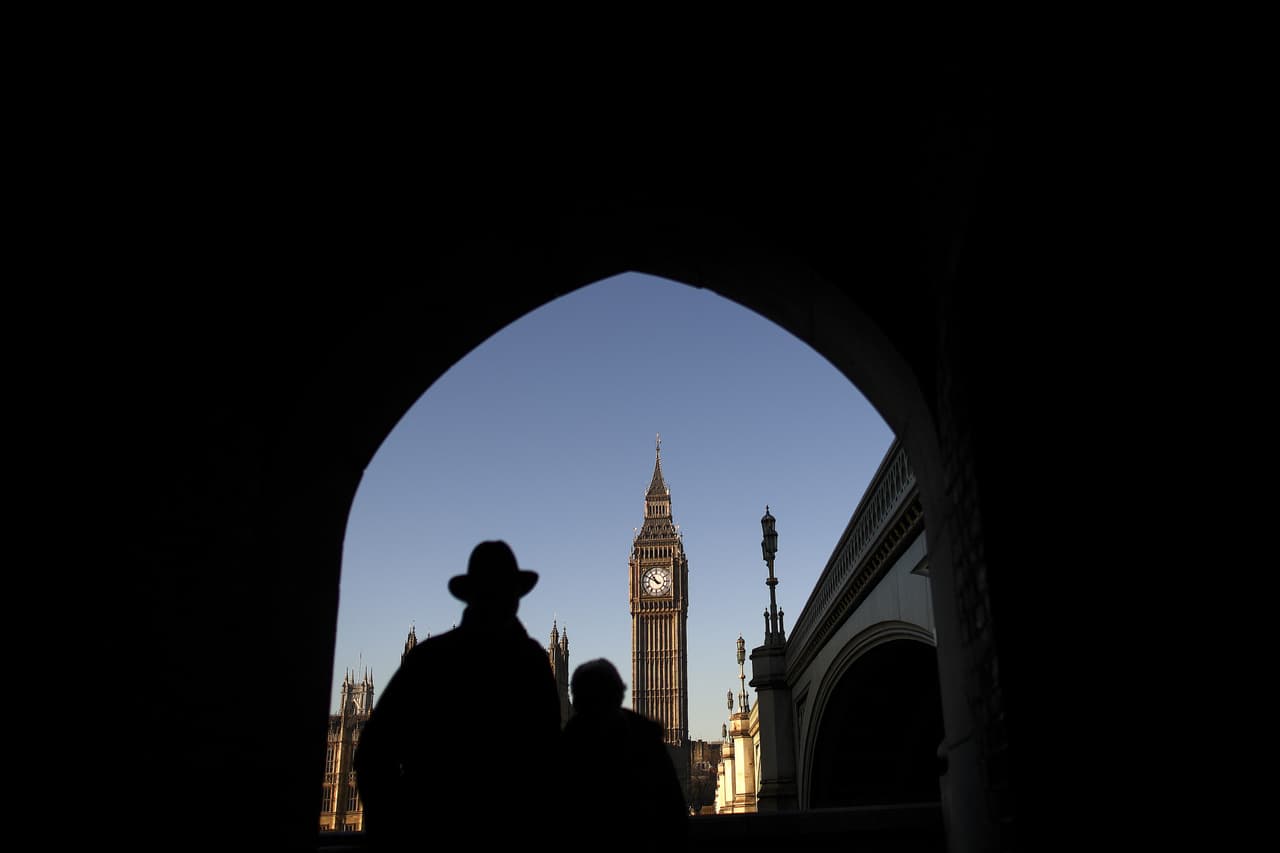
Russia report could have been published within an hour
MPs and civil servants were ready to rush through publication of a report on Russian interference within an hour, had it received the prime minister’s approval.
The revelation further undermines repeated claims by the prime minister that his decision to block publication of the Intelligence and Security Committee’s (ISC) report before the election was routine and that clearance would take up to six weeks.
During the BBC’s leaders’ debate last week, Johnson claimed – to jeers from angry audience members – that he saw “no reason to interfere with the normal timetable ... just because an election is going on”.
However, the chairman of the ISC, Dominic Grieve, told the Bureau: “What he was saying, that it was perfectly normal procedure ... This is invented.”
But the Bureau has learned fresh details on the approvals process for the ISC’s report, which had been submitted to Johnson on October 17. By convention, the prime minister then has ten days – raised from five days in 2010 – to raise any objections to publication before returning the report to the committee. The six-week timeline cited by Johnson “conflates” the ten days with the time needed by the committee to prepare it for publication, according to a source close to the committee.
The Russia report had been fully cleared for publication by the committee and by all relevant intelligence agencies before being sent to No 10, sources close to the ISC confirmed, in a painstaking and thorough process that took just over six months.
However, in a move Grieve described as “unprecedented” in a Commons urgent debate before parliament was dissolved, No 10 did not grant approval to publish the report. The prime minister had not contacted the committee to raise any concerns during the ten-day period, nor did he give any reason for refusal of publication.
Reporting by the Bureau and other outlets has revealed the committee heard a series of concerns about action on UK soil from an emboldened Russia, including online disinformation campaigns, potential bids to buy and build political influence, and even deadly actions such as the Salisbury Novichok poisoning.
Johnson has insisted there is “absolutely no evidence” of any Russian interference in UK politics, referring to those saying otherwise as raising “complete Bermuda Triangle stuff”.
The Bureau has learned from sources close to the committee that while it usually takes three to four weeks to lay the final report before parliament after approval from the prime minister, this period relates to time to proof-read and print the report.
The committee and its secretariat made special efforts to expedite this process to make it possible to publish the report before parliament was dissolved for the general election. The committee was ready to lay the report before parliament, The Bureau has learned, “within an hour of confirmation” of the prime minister’s approval.
The Bureau had sought – with the aid of more than 2,000 people who contributed financially – to pursue legal action to force the release of the report before the election, but had to give up on this action after failing to secure a vital witness statement.
The report is now unlikely to be published for several months, as it typically takes about six months for the ISC to reform after a general election.
No 10 were contacted for comment and did not respond by time of publication.
Header image: The Houses of Parliament as seen from under Westminster Bridge. Credit: Getty Images
Our reporting on the Russia Report was funded out of Bureau core funds. None of our funders have any influence over the Bureau’s editorial decisions or output.




